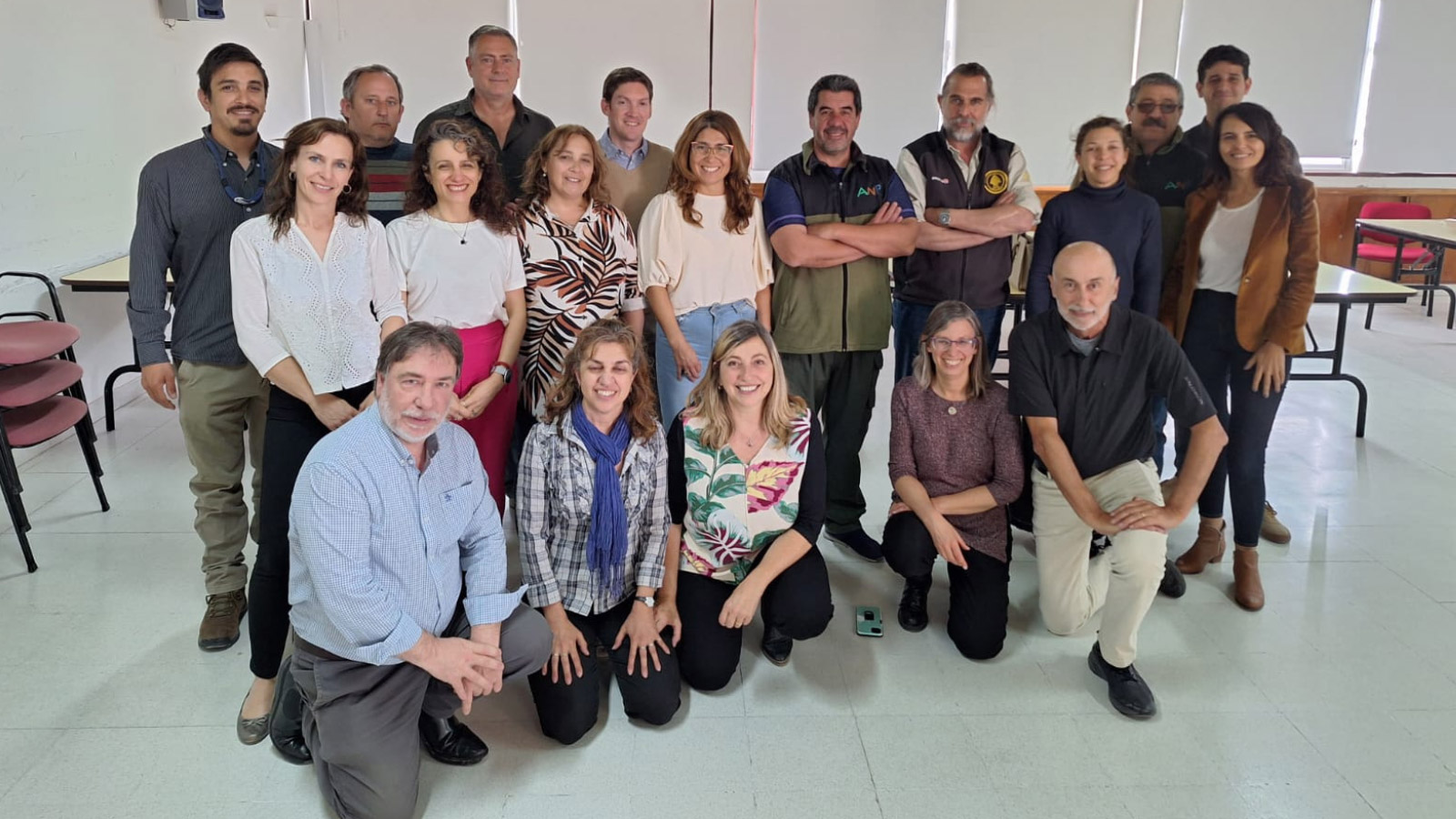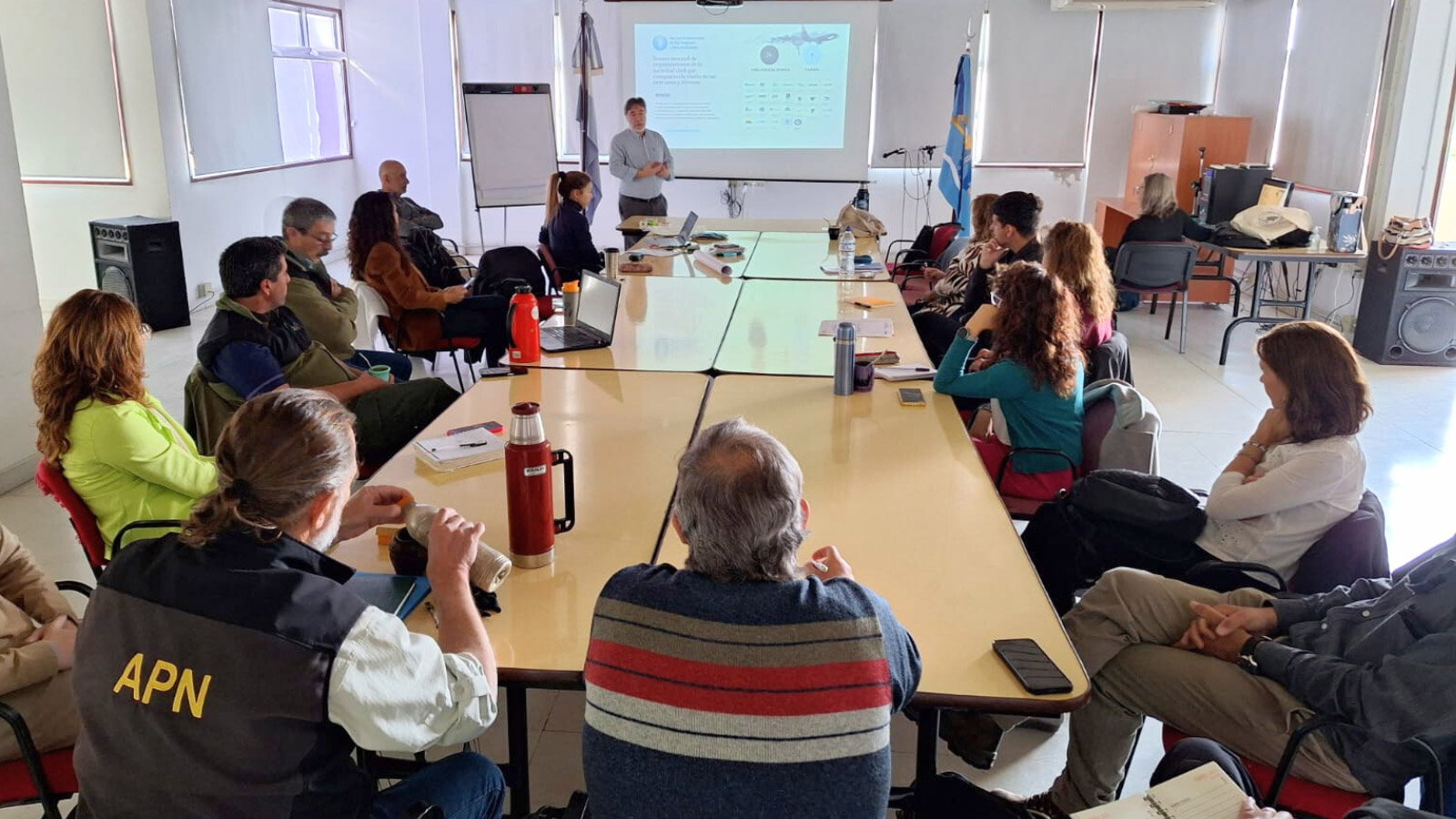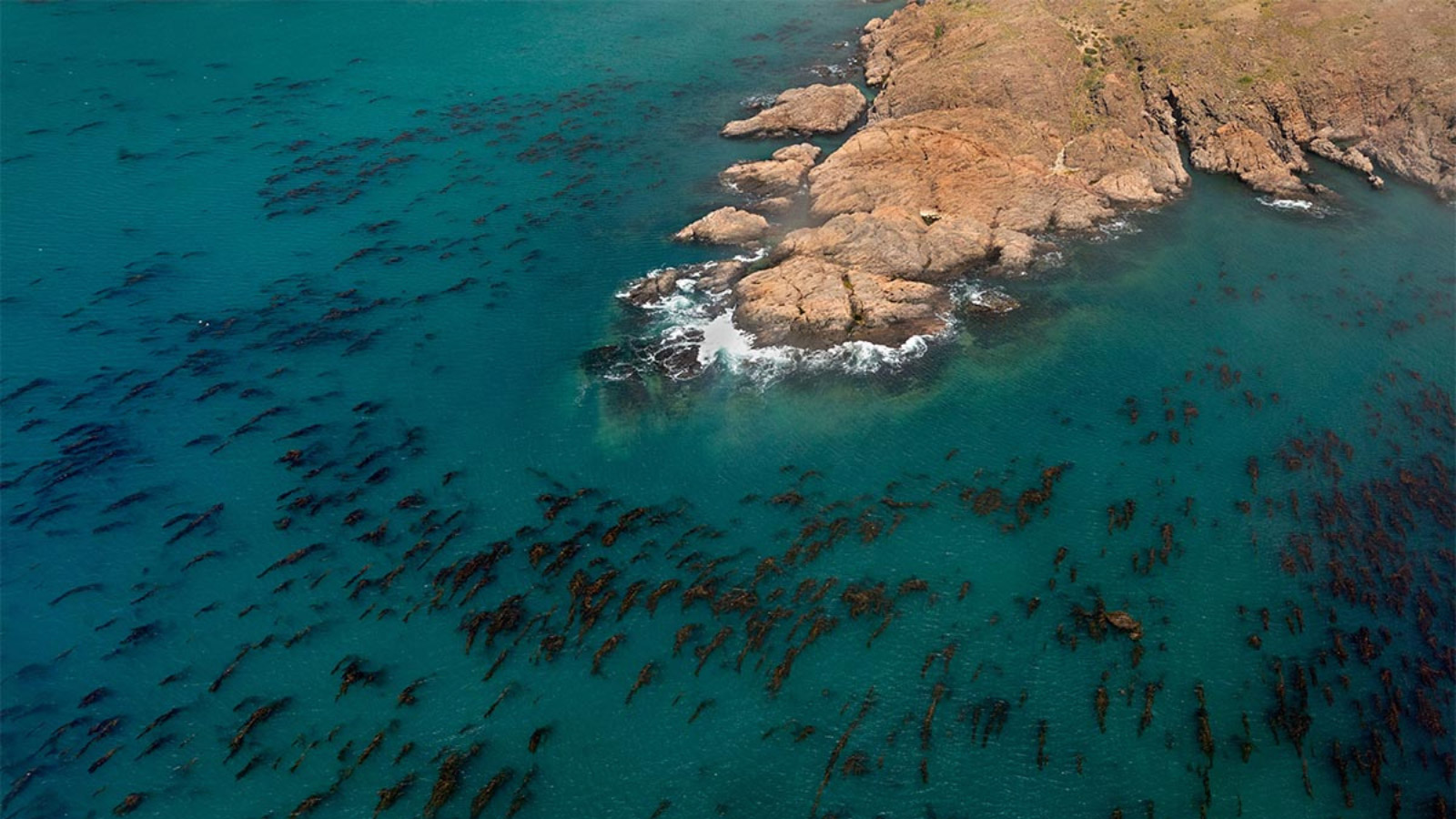
The recognition of the environmental services provided by marine ecosystems and the increasing pressure exerted by anthropogenic activities and climate change have highlighted the importance of strengthening the resilience of Marine Coastal Protected Areas (MCPAs) as a strategy to preserve the health of the oceans. However, in order for them to fulfill this purpose, effective management must be carried out to ensure the sustainability of their natural and cultural values.
In this context, the workshop “Methodologies for Measuring the Effectiveness of the Southern Patagonia Interjurisdictional Coastal Marine Park (PIMCPA)” was held by the Forum for the Conservation of the Patagonian Sea and Areas of Influence, within the framework of the “MaRes Project to strengthen the resilience of coastal and marine areas of Argentina” funded by the European Union, and with the support of the Undersecretariat of Conservation and Protected Areas (SsCyAP), belonging to the Ministry of Tourism and Natural Protected Areas (MTyAP) of the Government of the Province of Chubut and National Parks Administration (APN).
The encounter was held on November 16 in the meeting room of the Court of Auditors in Rawson, and was attended by authorities and technicians from the Directorate of Management and Public Use, the Directorate of Planning, the Directorate of Information Management, the General Coordination of Wildlife Rangers, the Wildlife Rangers of Cabo Dos Bahías and the Department of Sustainable Use, on behalf of the Ministry of Tourism and Natural Protected Areas (MTyAP); the Directorate of Wildlife and Flora; the General Directorate of Environmental Management and the Department of Systems and Public Relations of the Ministry of Environment and Sustainable Development Control (MAyCDS).
The facilitation was carried out by Fundación Vida Silvestre Argentina, Global Penguin Society and Fundación Cambio Democrático, within the framework of the Monitoring, Governance and Participation Component of the MaRes Project.
Strengthening governance and fostering collaboration
The purpose of this meeting is to strengthen governance to promote collaboration in the effective management and conservation of the Marine Coastal Protected Areas (MCPAs) of Patagonia. This effort is aligned with the objectives of the MaRes Project, aimed at strengthening resilience in areas of priority value for the sustainability of marine ecosystems in Argentina, today strongly threatened by human activities and requiring urgent and coordinated attention.
Germán Palé, coordinator of the Governance Subcomponent of the MaRes Project and specialist in Marine Coastal Protected Areas of Fundación Vida Silvestre Argentina, emphasizes: “this meeting brought together the different authorities with some responsibility in the management of PIMCPA and analyzed from a critical and proactive point of view the state of progress in the implementation of this unique protected area that implies a shared Province/Parks management. We welcome the spirit that prevailed among the meeting’s participants with a view to making adjustments in its future functioning.”

Evaluating management effectiveness: a key tool for conservation
At the core of these meetings is the design of a methodology for the evaluation of management effectiveness in interjurisdictional parks, a participatory tool that will allow measuring the degree of compliance with the objectives of PIMCPA, whose jurisdiction is jointly managed by the Provincial Government and the National Parks Administration. This methodology seeks to strengthen governance, bring transparency to the process and ensure that its implementation provides useful information for the authorities and technicians in charge.
The application of evaluation methodologies enables an internal exercise of continuous updating and establishes a basis for planning and resource allocation. This process makes it possible to propose adjustments based on lessons learned during previous evaluations and to identify weak and critical points in management, providing essential information to improve decision making and contribute to the long-term success of protected areas.

Reflections contributing to the governance of Marine Coastal Protected Areas
The meeting provided a space for reflection and exchange among PIMCPA managers, where existing methodologies were introduced and the applicability of each of them was discussed, taking into consideration the particularities of this PA. This exercise made it possible to identify challenges, integrate lessons learned and showed the importance of defining indicators that reflect the effectiveness of interjurisdictional management, jointly, integrating the visions of both authorities and operational staff.
With the goal of establishing a detailed baseline on these variables, the participants developed a collaborative work in groups, outlining the current and desired situation. Emphasis was placed on the need to define a comprehensive governance structure, supported by regulations that include clearly defined protocols and competencies. These results will not only reflect the collective aspirations, but will also become key pieces of information for the next working meetings scheduled for 2024.
Establishing an effective methodology to evaluate management in a collaboratively managed Natural Protected Area provides a basis for measuring management efficiency, while serving as a reference to guide similar initiatives in the future and orient collective efforts.
Maricel Giacardi, representative of Global Penguin Society points out that: “it is important that the variables to be measured reflect the issues linked to interjurisdictional management and help us understand which governance models are most appropriate in the context of the challenge of joint management”.
Contributions and collective work
This activity has been possible thanks to the active collaboration of the organizations implementing the MaRes Project: Aves Argentinas, Global Penguin Society, Fundación Patagonia Natural, Fundación Vida Silvestre Argentina, Fundación Cambio Democrático, WCS Argentina, Fundación Ambiente y Recursos Naturales.